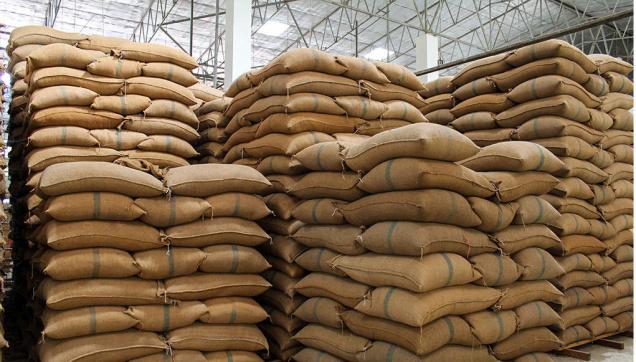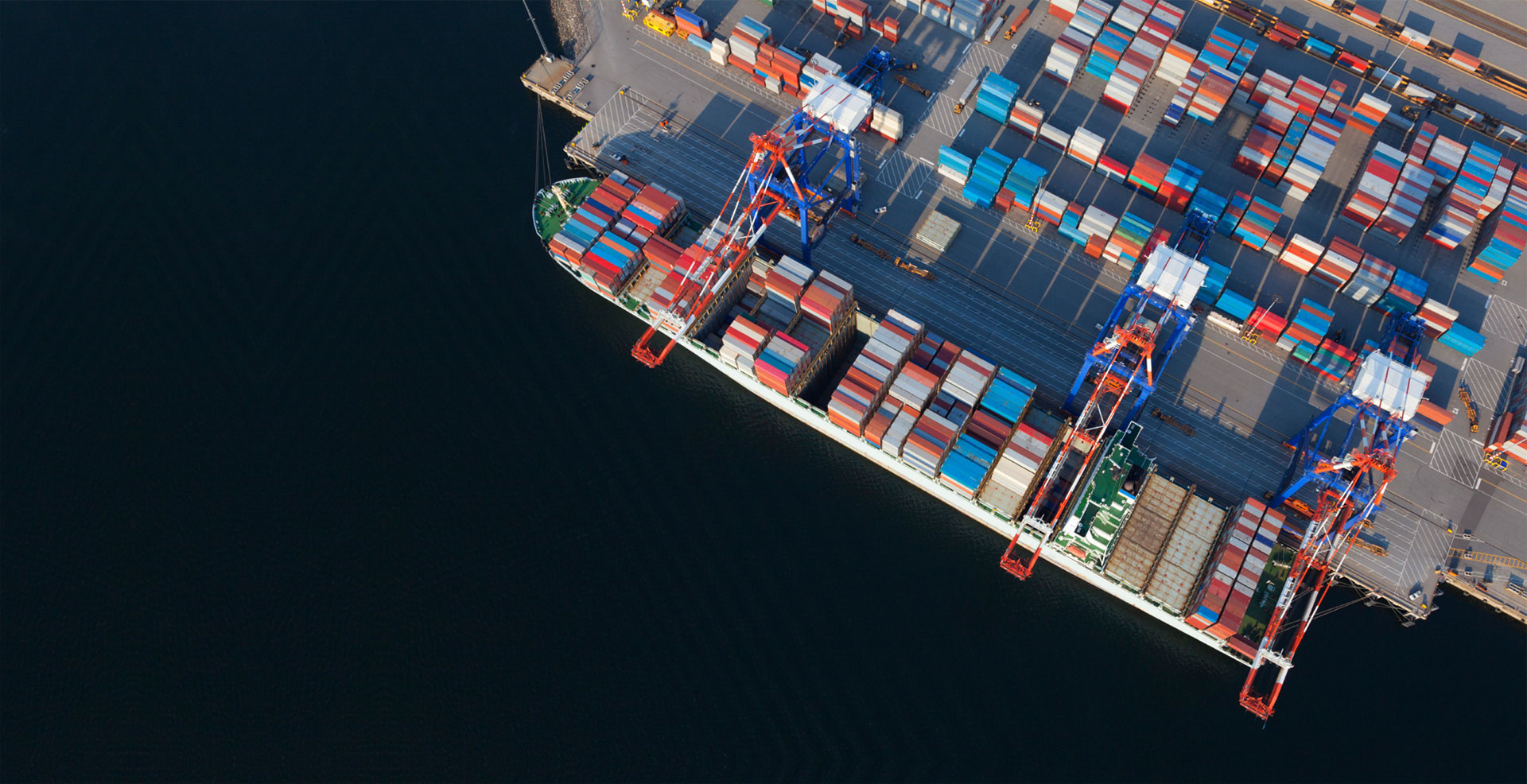 As the Islamic country is showing hesitation to use USD for bilateral trading, Indian Basmati rice exports to Iran are affected because US president Donald Trump last month regarding the non-nuclear ballistic missile testing, ad put sanctions on 13 Iranian citizens and 12 organisations for the support to the country.
As the Islamic country is showing hesitation to use USD for bilateral trading, Indian Basmati rice exports to Iran are affected because US president Donald Trump last month regarding the non-nuclear ballistic missile testing, ad put sanctions on 13 Iranian citizens and 12 organisations for the support to the country.
Oil dues paid by Indian to Iran are in USD instead of rupees. The basmati rice exports from India may take a hit as Iran does not have rupee reserves in its forex reserves and so now that Iran is hesitant to deal in USD. With the euro Iran may replace the dollar, said by experts but in this regard till no formal decision is taken, to the Islamic nation, Indian basmati exports might not start.
For Indian basmati, Some Iranian importers have set a maximum import price (MIP) as $850 per tonne. As the prices have increased in last four months, The Indian exporters think this price is not possible and they look for the minimum price is $925-950 per tonne. The exporters have been advised not to sell at non-viable rates as this MIP has not been decided by Iran’s government. To wait till the prices are made clear is said to the exporters and also the currency is decided by Iran.
In New Delhi, The price of Basmati rice has nearly increased 50% from 1st October 2016 from Rs 48/kg to Rs 72/kg currently. Indian exporters got a realisation of $650-700 /tonne in the last two agreements which are less than the domestic rates. The duty on basmati has been cut down from 40% to 26% by the Iranian government and Importers of Iran are trying to put a cap on prices. As the logistics costs of Pakistan will be less than India, so they can gain the benefit as the neighbouring country is nearer to Iran in distance.
Between April-December 2016, Indian Basmati rice exports fell by 0.1 million tonnes as per data made by APEDA, when compared with same period last year and reached 2.9 million tonnes. Between April–December 2016, almost 0.5 million tonnes of Basmati from India has been brought by Iran.










